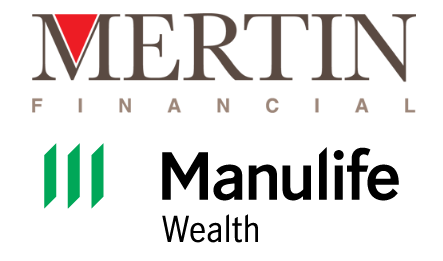What advantages do segregated funds offer?
Article Licenses: DL
Advisor Licenses:
Compliant content provided by Adviceon® Media for educational purposes only.

Segregated funds limit the amount of money you can lose in order to protect your investment and your family’s lifestyle. A segregated fund offers the investor fund choices such as equity funds, bond funds, balanced funds and money market funds, etc. Some of your capital is guaranteed by a life insurance company with some advantages.
1. Guaranteed capital upon maturity or if you die. A seg fund has a maturity date after a period of years such as 10-15 years, or at death. Upon the maturity date, an amount of 75% to 100% of your invested capital is guaranteed by the life insurance company. If you die your designated beneficiary is paid a guaranteed sum.
Resetting the capital guarantee. Some companies permit the resetting of the guaranteed capital at a higher value with a new maturity date. Long-term investors may appreciate this safeguard, especially when investing in equity segregated funds, though there may be higher associated fees.
2. Creditor protection. A seg fund with a preferred beneficiary named on the contract might be protected from creditors if an investor faced a lawsuit or bankruptcy. After the policyholder’s death, all beneficiaries are protected against claims made by the policyholder’s creditors. Such protection may be worth the higher management fees of a seg fund where an investor either owns a business or is nearing retirement.
3. Estate exemption from probate and executor fees. When a seg fund policyholder dies with a beneficiary designated on the policy (outside the estate), the fund exempt from probate and executor fees. Your beneficiary receives the policy benefits quickly while the estate remains responsible for any final taxes.
Note: Talk to your advisor about historic or current legislation that may or may not affect your province.
The Advisor and Manulife Securities Incorporated, ("Manulife Securities") do not make
any representation that the information in any linked site is accurate and
will not accept any responsibility or liability for any inaccuracies in
the information not maintained by them, such as linked sites. Any opinion
or advice expressed in a linked site should not be construed as the opinion
or advice of the advisor or Manulife Securities. The information in this
communication is subject to change without notice.
This publication contains opinions of the writer and may not reflect opinions
of the Advisor and Manulife Securities Incorporated, the information contained
herein was obtained from sources believed to be reliable, no representation,
or warranty, express or implied, is made by the writer, Manulife Securities or
any other person as to its accuracy, completeness or correctness. This
publication is not an offer to sell or a solicitation of an offer to buy any
of the securities. The securities discussed in this publication may not be
eligible for sale in some jurisdictions. If you are not a Canadian resident,
this report should not have been delivered to you. This publication is not
meant to provide legal or account advice. As each situation is different you
should consult your own professional Advisors for advice based on your
specific circumstances.





